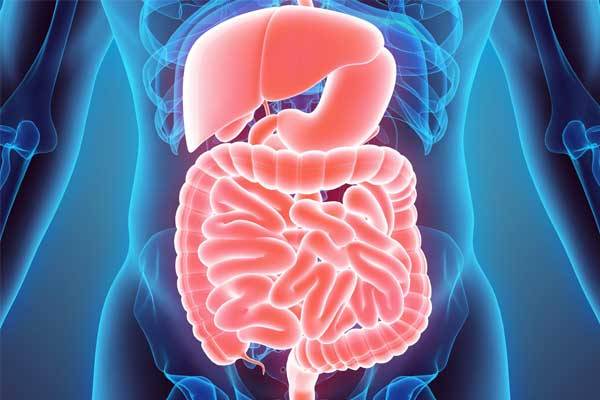Digestive Problems: An Overview
Digestive diseases are any health disorders that occur in the digestive tract, which is sometimes called the gastrointestinal (GI) tract as well. The digestive Problems tract begins at the mouth, includes the oesophagus, stomach, small intestine, large intestine (also known as the colon) and rectum, and ends at the anus.
This series of organs in the digestive system of human converts food into essential nutrients that are absorbed into the body and eliminates unused waste material. It is essential to good health because if the digestive system shuts down, the body cannot be nourished or rid itself of waste.
Digestive disorders include the treatment of diseases of the liver and digestive tract, including the stomach, duodenum, gallbladder, biliary tract, pancreas, small intestine and colon.

Constipation is the infrequent and difficult passage of stools, with the possible discharge of relatively dry, hardened feces from the anus. It is the most common digestive complaint in adults. Women, especially those who are pregnant, and adults aged 65 and older are most commonly affected.
Virtually everyone experiences temporary constipation due to lack of enough fiber, not drinking enough water, certain medications, and with a change or interruption in usual activities, as in travel, temporary confinement to bed, or a change in eating or sleeping habits.
In most cases, dietary and lifestyle changes can help relieve constipation. Although uncomfortable, it is usually not dangerous. However, chronic constipation can lead to other problems such as hemorrhoids or signal an underlying health condition.
Diarrhea can be described as an abnormal increase in the frequency, volume or liquidity of the stools. The condition usually lasts a few hours to a couple of days. Diarrhea is typically associated with abdominal cramps. The most common causes of the condition are viruses, bacteria and parasites.
Most cases of diarrhea are not serious and do not require treatment; dehydration can be prevented by drinking plenty of clear liquids. Diarrhea caused by an infection can often be treated with herbal medication.
Gastroenteritis is the acute infectious syndrome of the stomach lining and the intestine. It is characterized by diarrhea, vomiting, and abdominal cramps. Other symptoms can include nausea, fever, and chills. The severity of gastroenteritis varies from a sudden but transient attack of diarrhea to severe dehydration.
Numerous viruses, bacteria, and parasites can cause gastroenteritis. The treatment of gastroenteritis depends on the cause and the severity of symptoms and may include supportive care. Adults tend to have milder cases of the illness than do children and the very old, who run the risk of dehydration due to diarrhea and vomiting.
Gallstones are stones or concretion composed of crystalline substances (usually cholesterol, bile pigments, and calcium salts) that develop in the gallbladder or bile duct.
Whether gallstones cause symptoms depends partly on their size and their number, although no combination of number and size can predict whether symptoms will occur or the severity of the symptoms. However, the primary symptom is the pain that comes on suddenly and quickly gets worse. This pain can occur on the right side of the body, just below the ribs.
Gallstones are most common among overweight, middle-aged women, but the elderly and men are more likely to experience more serious complications from gallstones.
Hemorrhoids are swollen blood vessels in and around the anus and lower rectum. They can become painful, itchy, and irritated. It can be caused due to Being overweight, Pregnancy, Standing or sitting for long periods, Straining during physical labor and Constipation.
Ayurveda teaches us that the healthy digestion leads to a healthy life and unhealthy digestion leads to an unhealthy life. Healthy digestion assures that all of the nutrients taken in through eating are assimilated in a healthy manner into the cells. If your digestion is healthy, your body can produce healthy tissues (dhatus). When digestion is weak, the tissues of your body, such as muscle, blood and nerve, become weak and susceptible to disease.
The Ayurvedic treatment plan includes both constitutional treatments to address the patient’s lifestyle and direct treatment to target the compromised area of the body. The comprehensive blend of vital herbs governs the absorption of nutrients into the body, excretes toxins and feces, eliminates both constipation and diarrhea, and governs the protective mucous lining of the digestive system.
Proper treatment of digestive disease utilizes potent herbs such as haritaki, adrak, saunf, haldi, peppermint, elaichi, triphala, bibhitaki, amla, dalchini etc to target the affected subdoshas, agni and ama. Herbs have constitutional effects as well as specific effects based upon the medicinal aspect of the herb. By understanding the nature of the herb, the Ayurveda is able to match up the herbal treatment according to the constitution and imbalance of the patient.